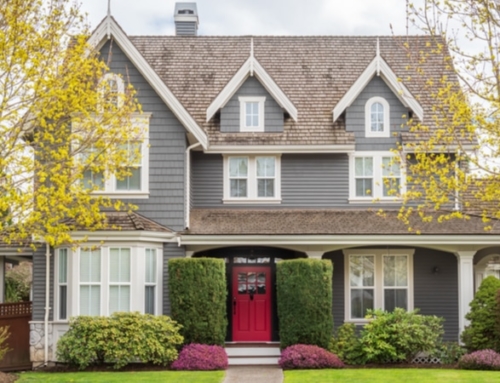Of all the questions home buyers and sellers ask, they always want to know how to hire a great agent.
In a tight real estate market, it can be harder than you imagine to find the right broker. Because even if you find the right agent, they could be so busy helping other people that your property gets short-changed.
But generally speaking, the process of hiring a great agent hasn’t changed much in decades. You want to hire someone who is extremely knowledgeable about the housing stock in your neighborhood, works full-time, and has logged a number of years in the residential real estate business. You also want an agent who works regularly with other buyers and other sellers in your neighborhood.
Anyone without these qualifications simply won’t do.
Start your search for an agent by interviewing at least three people from three different firms. For variety’s sake, you might try an agent from a large, national firm (like Century 21, Coldwell Banker, RE/Max, or ERA), an agent from a large local firm, and an agent from a small neighborhood firm. Each of these types of companies has pluses and minuses.
Big firms tend to have a lot of resources, a lot of technology, and a lot going on. Your agent might have one or two assistants, and after the first meeting, you might work exclusively with the assistants rather than the agent herself.
But if you have a home that requires specialized marketing, or if you want to cut a different sort of deal, the huge real estate chains have, to some degree, tied the hands of their agents on the local level with respect to marketing and advertising, and other issues.
Large local firms have some of the same resources as a large national firm, but they may have more of a local presence in your area, which can work to your advantage. But you could easily find yourself and your listing lost in the shuffle of a big firm.
Small neighborhood real estate firms intimately know the neighborhoods, but often lack the resources of a big firm. Still, there are neighborhoods where the top firm is the mom-and-pop shop, not one of the big players.
Which size firm is best? You have to look at the whole package. And that starts with the agent herself.
Look at the names posted on the “for sale” signs in your neighborhood. Are there a few names that keep popping up? It’s likely these agents are being hired because they can get the job done.
Go to local open houses and spend time talking to the agent. Is this someone you like? Does she do a good job showing the house? Her behavior at the open house is a good indication of how she’ll handle an open house at your home.
Make sure you ask around. Talk to family members, friends, neighbors, and coworkers about who they used to buy or sell and if they had a good (or great) experience with that person. Don’t take a recommendation unless the buyer or seller had a good or great experience.
Once you have a short list of two or three names, invite each agent over to tour your home and do a Comparative Marketing Analysis (CMA). A CMA is essentially a sales proposal that the agent uses to solicit your listing. A good CMA contains several important pieces of information, including “comps”, which are the sales price of homes similar to yours that have recently sold; a suggested list price; and, the marketing strategy the agent intends to use to sell the property.
When the agent comes to present the CMA, you’ll want to spend some going over it. This is your opportunity to interview the agent to see how he or she shapes up compared to the other agents you’re interviewing.
Be sure to ask how long they’ve been an agent, how many buyers or sellers they work with in a year, how many homes they sell and what the price range is for the homes that they have sold in the past 12 months.
The idea is to find someone who you can trust, who seems honest, with whom you have a good connection.
And just to be safe, sign only a 90-day listing with the agent. That way, if you’ve made a mistake, you can get out in a relatively short period of time.






Leave A Comment